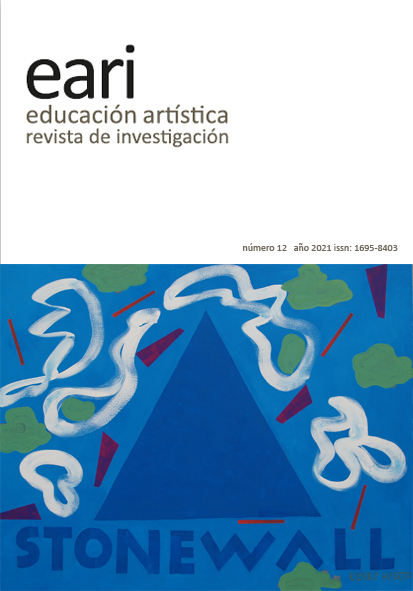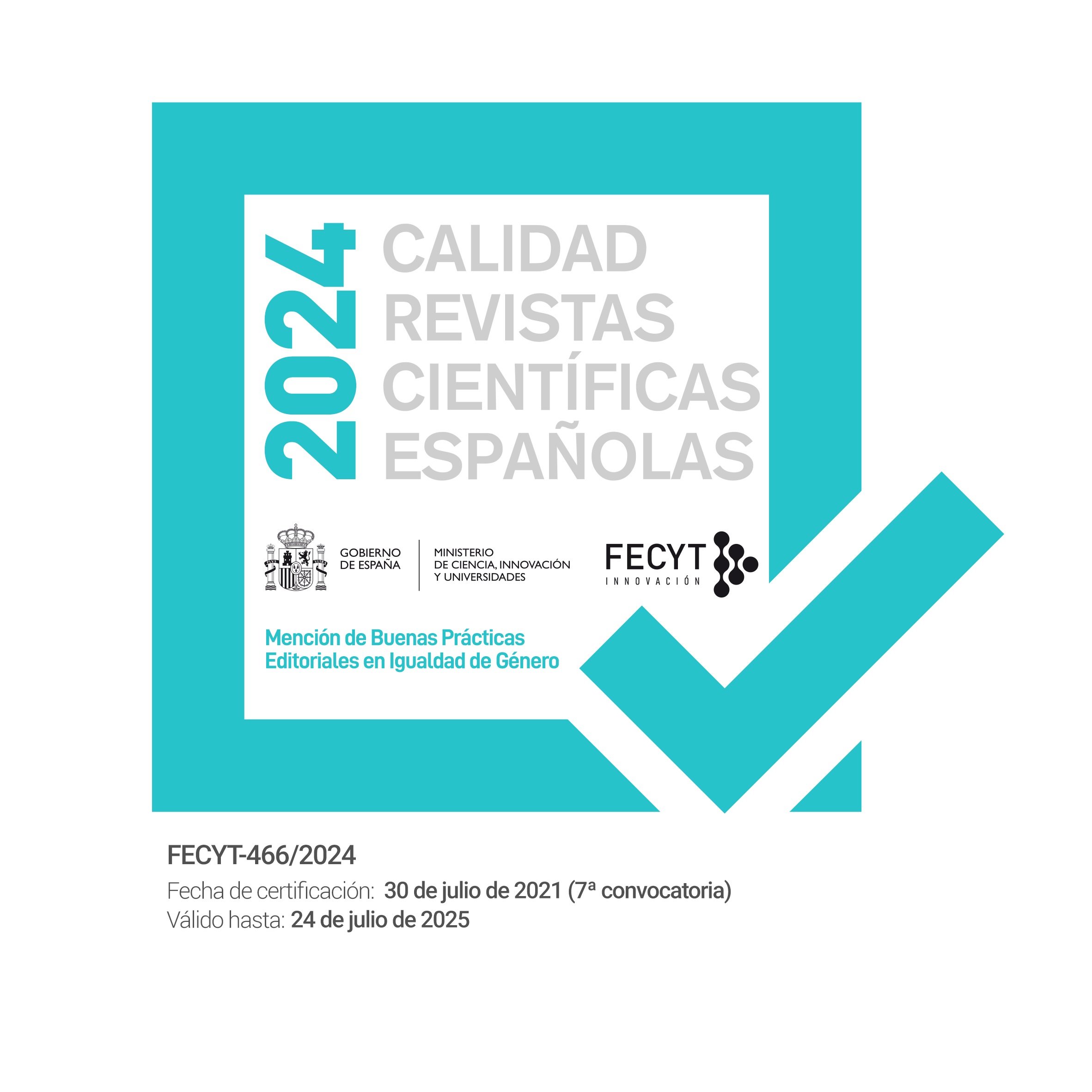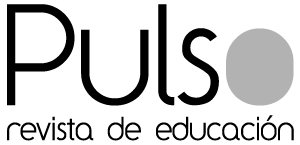SDG, COVID-19, work by field and educational innovation
DOI:
https://doi.org/10.7203/eari.12.22094Keywords:
Art, Art Education, COVID-19, Teacher Training, SDG Abstract
Abstract
In the second year of efforts to combat the pandemic caused by the COVID-19 virus, art is playing a relevant role in the actions we take to improve the situation. Art education has also been revealed as a good defense, managing to enter homes, where it becomes a new space for reflection and action from which to keep spirits high. After months of a generalized pandemic, we are committed to renewing the efforts proposed by the 2030 Agenda and the SDG Sustainable Development Goals, influencing the improvement of educational quality and the health and well-being of people, taking into account the health of the planet. We want to affirm our curricular positioning by encouraging work by areas, a proposal for educational innovation that can be beneficial for artistic education, due to its ability to establish criteria of transversality. The numerous articles that we present in this new issue of EARI serve to celebrate that our journal has once again achieved the FECYT Seal of Quality in recognition of editorial and scientific quality, as we enter in DOAJ and are well positioned in REDIB.
 Downloads
Downloads
 References
References
Durand, C. (2021). Tecnofeudalismo. Crítica de la economía digital. Donostia: Editorial Kaxilda.
Huerta, R. (2020). Arte, género y diseño en educación digital. València: Tirant.
Huerta, R. (2021a). La imagen como experiencia. Madrid: McGraw-Hill.
Huerta, R. (ed.) (2021b). Profesorado LGTB. València: Tirant.
Huerta, R., Alonso-Sanz, A. y Ramon, R. (eds.) (2018). Investigar y educar en diseño. València: Tirant.
Macharowski, A. (2019). Rafael Pérez Contel. La pasión por la enseñanza del arte. València: Edictoràlia.
Marzo, J. L. (2021) Las videntes. Imágenes en la era de la predicción. Barcelona: Arcadia.
Rivas San Martín, F. (2019). Internet mon amour, infecciones queer/cuir entre digital y material. Santiago de Chile: Écfrasis.
Downloads
Published
How to Cite
-
Abstract1206
-
PDF (Español)986
Issue
Section
License
![]()
Educación artística: revista de investigación (EARI) retains the proprietary rights (copyright) of published works, and favors and allows the reuse of the same under the license Creative Commons Attribution-Noncommercial Use 4.0 International License (CC-BY-NC 4.0), which allows third parties to use the published material whenever the authorship of the work and the source of publication is mentioned (journal, publisher and URL of the work), and it is used for non-commercial purposes.
Authors are encouraged to disseminate their work after it has been published, through the internet (for example, in institutional archives online or on its website) which can generate interesting exchanges and increase work appointments.








